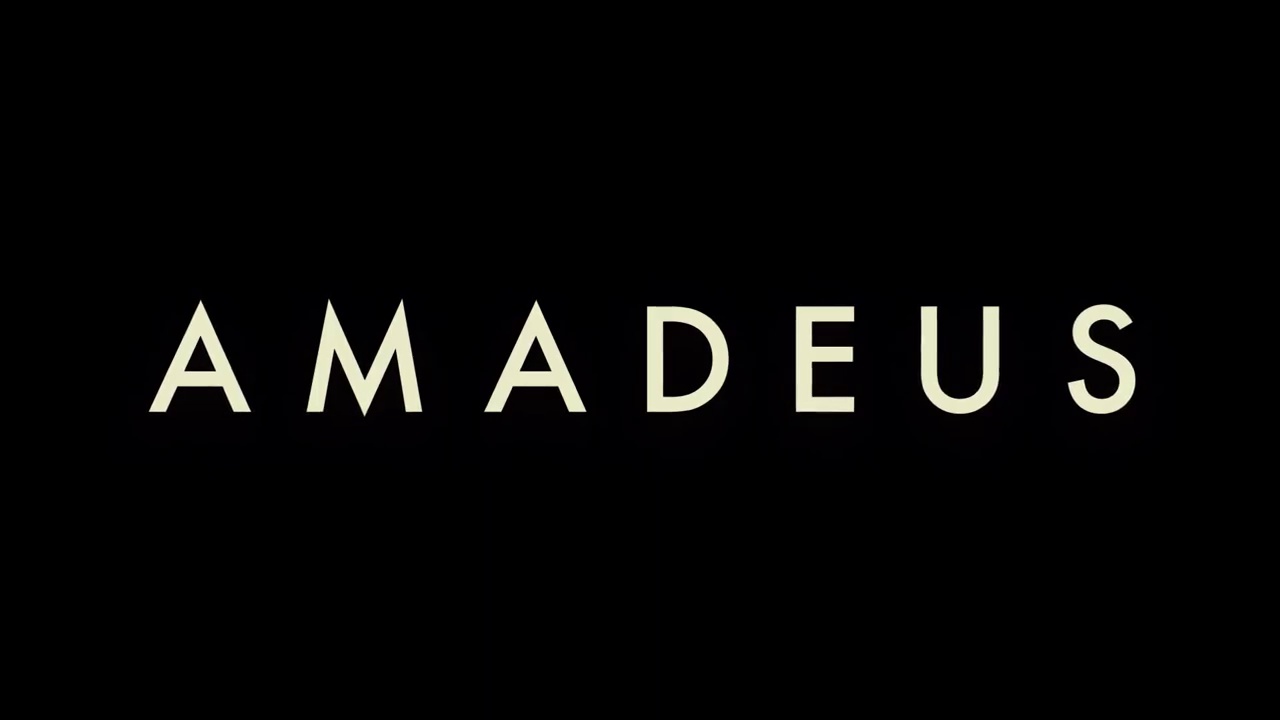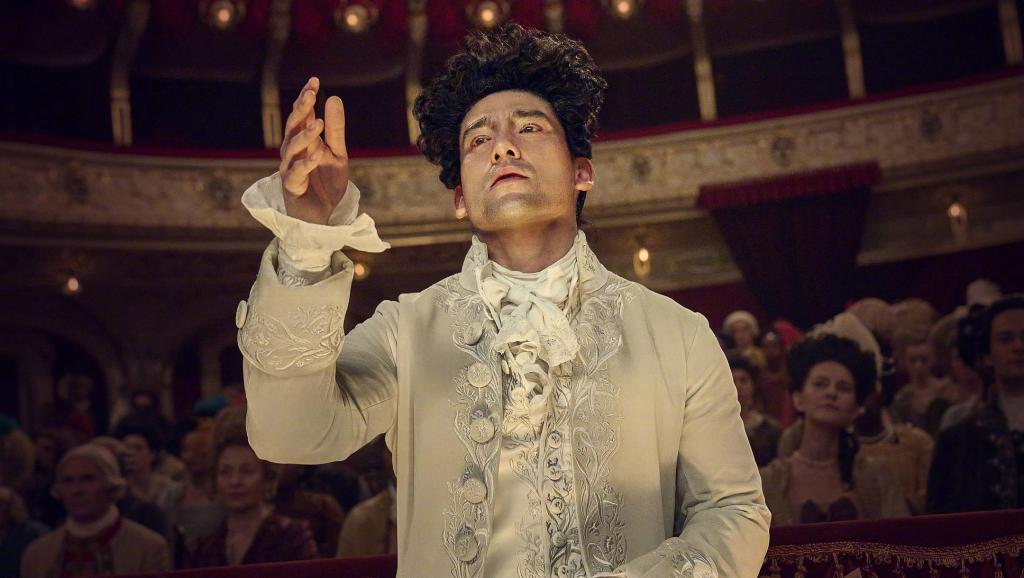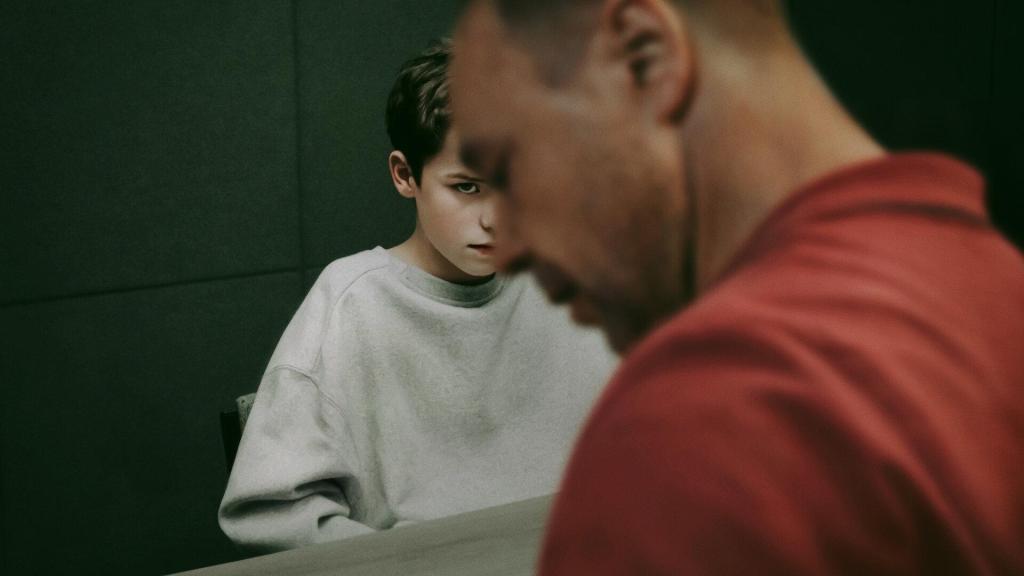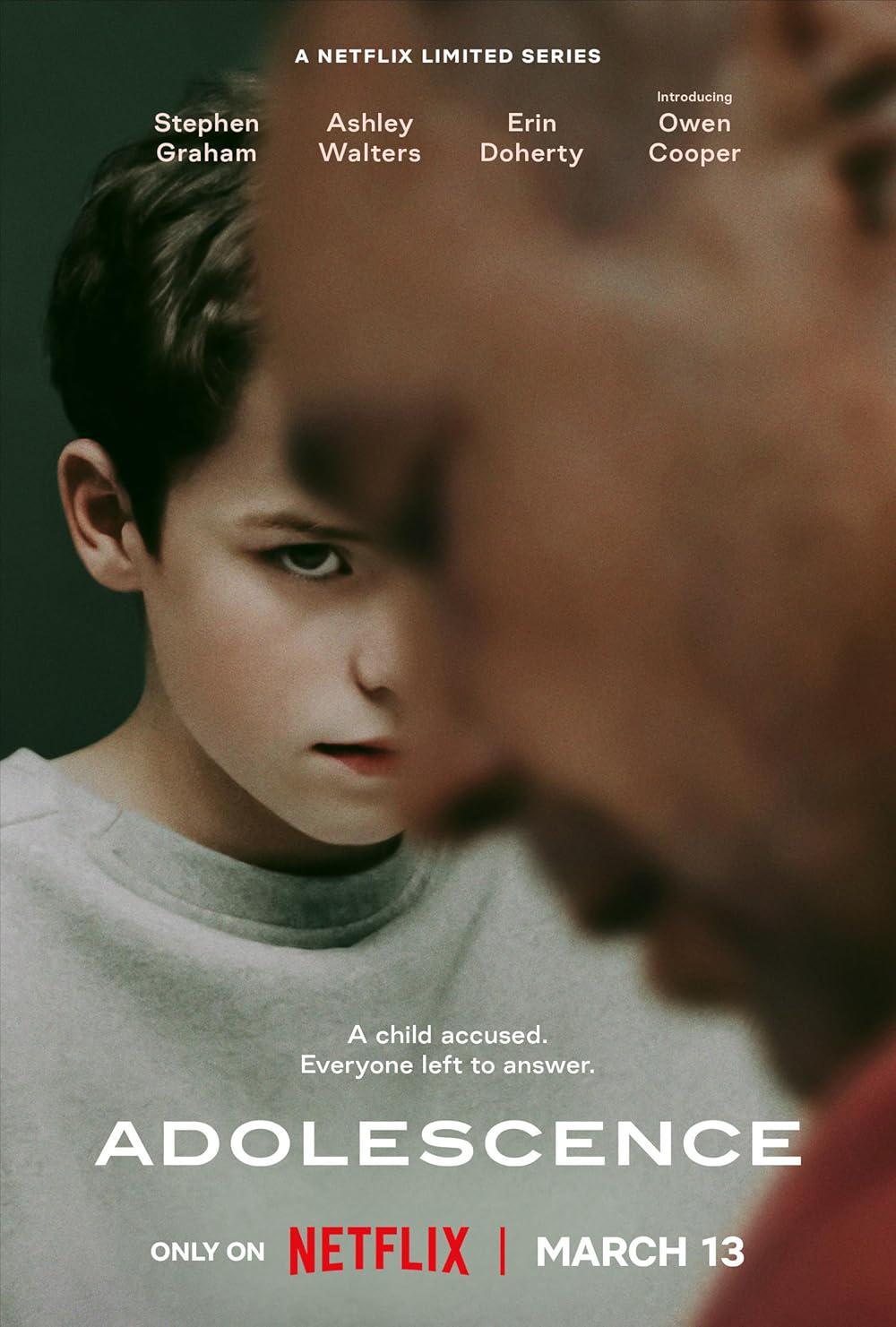

The British Sky television series *Amadeus* recently released a trailer to promote its December premiere. However, many netizens commented on social media that they had no interest in the new production, preferring to rewatch the classic film adaptation of *Amadeus* rather than watch this new version. The casting of Asian actor Tomomori Fukuda as the protagonist Mozart has also sparked considerable controversy.
Indeed, the 1984 film "Amadeus," directed by Miloš Forman, won eight Academy Awards (including Best Picture and Best Director), four Golden Globe Awards, and four BAFTA Awards. The Mozart and his nemesis Salieri, portrayed by Tom Hugheske and F. Murray Abraham, have long been regarded as one of the most classic protagonist-antagonist duos in Hollywood.

The classic film "Amadeus" released in 1984 won eight Academy Awards.
Like the film, the upcoming five-episode British drama is also based on Peter Shaffer's 1979 stage play of the same name, and the story is expected to be largely unchanged from its two predecessors. Therefore, the casting has become its biggest draw. Tomomori Fukuda, who plays Mozart, is named Will Sharpe and rose to fame for his role in the American TV series *White Lotus Resort* (Season 2). His co-star, Paul Bettany, star of the Marvel series *WandaVision*, plays Salieri.

Tomomori Fukuda plays the protagonist Mozart in the TV series adaptation of "Mozart".

Paul Bettany played Salieri in the TV series adaptation of "Amozart".
Tomomori Fukuda, 39, was born in London but spent many years of his childhood in Japan. His father is British and his mother Japanese, but his mother's genes are clearly stronger, making him appear at first glance to most people as 100% Asian. Choosing such a face to portray Mozart, the European prodigy who lived over two centuries ago, has naturally elicited differing opinions from netizens.
Critics argue that this move clearly stems from the so-called diversity policy promoted by the European and American film and television industries in recent years. While the initial intention of breaking stereotypes and supporting disadvantaged groups is commendable, casting practices that disregard historical facts are more of a publicity stunt than a practical one, and are likely to attract negative reviews. This is actually detrimental to the advancement of issues such as racial equality and harmonious coexistence.
Supporters argue that Western film and television history is replete with examples of white actors portraying Asian characters, such as Fu Manchu, Charlie Chan, and Madame Butterfly. Even in the new century, this practice wasn't completely eradicated; it only temporarily ended after Tilda Swinton's portrayal of the Ancient One in 2016's *Doctor Strange* and Scarlett Johansson's casting as Motoko Kusanagi in 2017's *Ghost in the Shell* drew considerable criticism. Now, the extremely rare occurrence of Asian actors playing white characters makes this seem insignificant in comparison.

Tomomori Fukuda in "White Lotus Resort".
Of course, many netizens who watched the trailer for the British TV series "Amadeus" expressed their dissatisfaction, saying they didn't care about the casting, but rather disliked the practice of remaking everything. Comments like, "Why remake? The movie is already perfect," and "Oh my god, stop ruining things that are already perfect," received many likes.
Graham Linehan, the Irish screenwriter and director best known for the British TV series "The IT Crowd," also sarcastically commented on social media: "Do you want to see a new version of 'Mozart'? This time, Mozart is a black man! I don't want to see it either! But they still made it!" After a commenter pointed out that Will Sharp is not black, he replied: "Of course I know he's not black. You get the gist of it!"
Graham Linehan, 57, has seen his career and life plummet in recent years due to his right-wing stance against transgender people, but he enjoys rising popularity among conservative groups. His posts about the TV series "Amadeus" have been widely reposted by right-wing news websites as evidence to satirize and criticize the new show.
Even the impartial British magazine *The Spectator* commissioned its book review editor, Alexander Larman, to write an article titled "What's the Point of Remaking *Mozart*?" "There's a very high chance this will be a terrible film; the original classic will be diminished by the added identity politics. But I'll risk public condemnation and remain cautiously optimistic for now."
Indeed, the film hasn't even been officially released yet; only a trailer has been shown. It seems premature for everyone to jump to conclusions and draw judgments. After 41 years, whether the new version of *Mozart* can compare to the classic, and whether Asian actors can convincingly portray European musical prodigies, remains to be seen.


